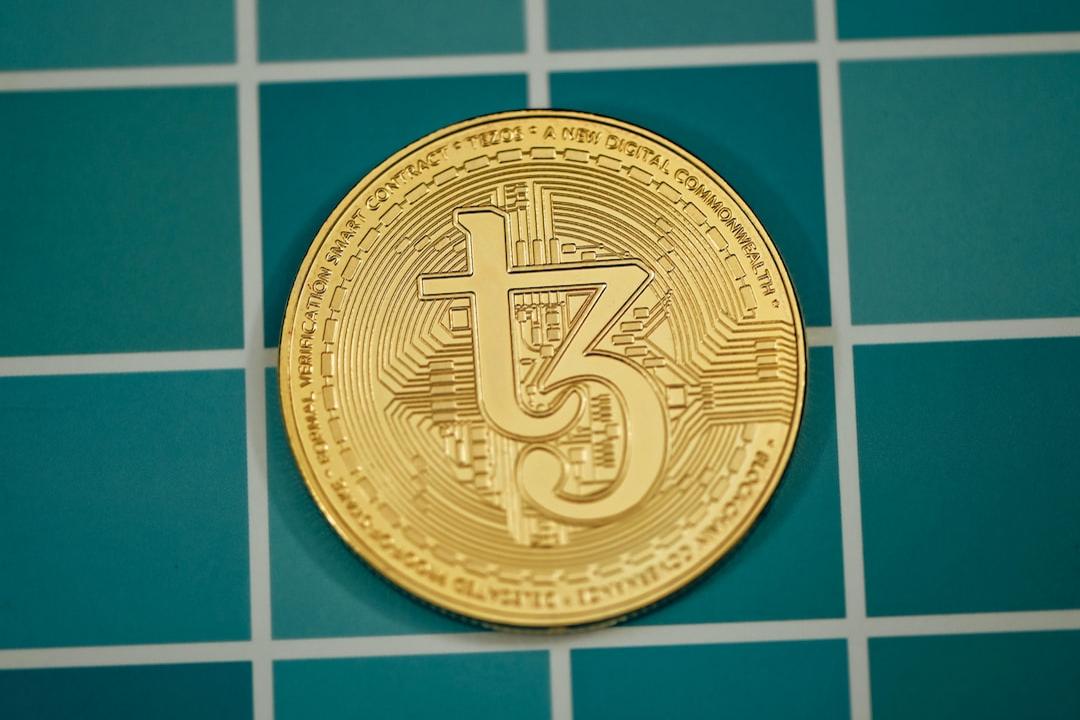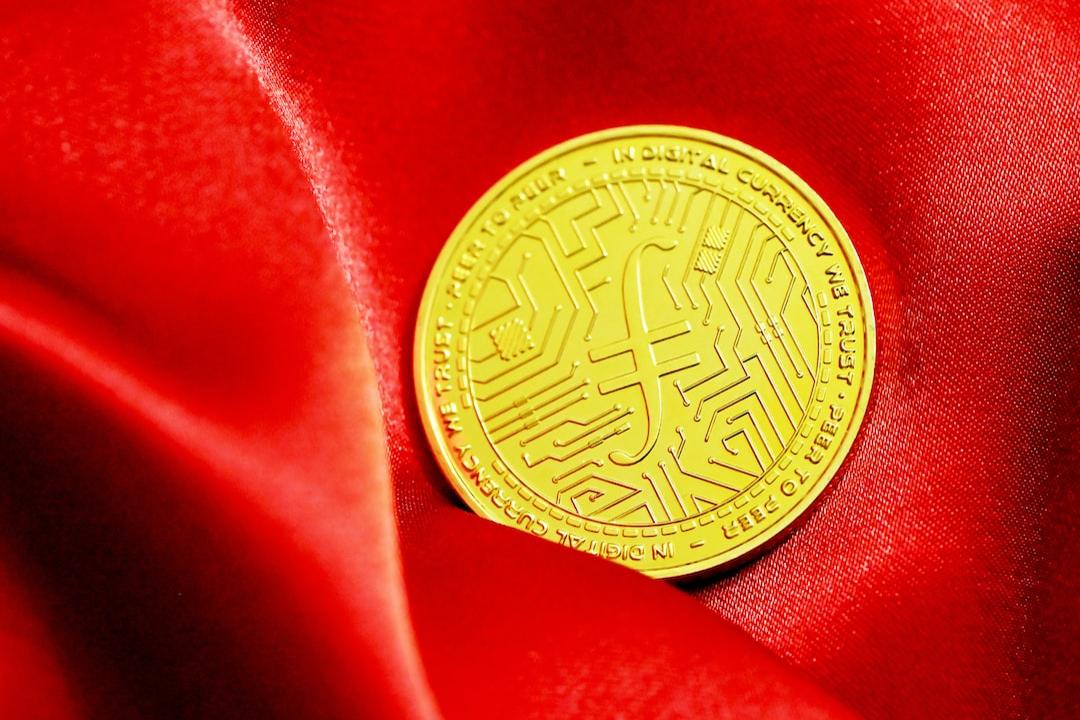Host: Mariana Van Zeller
Source: National Geographic
Title: Crypto Scams (Full Episode) | Trafficked with Mariana Van Zeller | Nat Geo
Air Date: March 3, 2025
Shadows of Dubai: Confessions of Scam Operators
In a luxury villa on the Palm Jumeirah in Dubai, an interview was conducted with a mysterious figure. This villa rents for up to $15,000 per week, and sunlight shone on the $250,000 worth of jewelry he was wearing, radiating brilliance. He casually said, “This is a legal way of stealing.” There was a hint of unsettling satisfaction in his tone.
This individual, who goes by the name “Mr. X,” a cryptocurrency scam operator, calmly described how he designed a scam in just 15 minutes to deceive investors out of millions of dollars, as if discussing something ordinary.
Through this exclusive interview on National Geographic’s “Trafficked,” host Mariana Van Zeller reveals an unknown side of the crypto world – the tactics of scam operators who swindle billions of dollars from ordinary investors each year.
From the designers of these scams to the victims who have lost everything, and the FBI agents dedicated to combating these crimes, this episode presents a panoramic view of the harsh reality behind the largely unregulated digital wealth era.
Highlights from the Interviews
Mr. X (Scam Operator)
This is a legal way of stealing. This is a legitimate way of making money.
A successful marketing campaign can easily earn around $69 million through the promotion of multiple influencers.
In Dubai, we know privileged people who can help us avoid trouble. There are no lawsuits here, and we can get away with a lot of things.
That’s because they have weak minds. Don’t invest money you can’t afford to lose, understand? Who would do that?
If you’re going to invest your life savings in a token and you don’t even spend 5 minutes doing a Google search, I think they are the dumbest people on Earth.
How are we going to get caught? Who is going to catch us? Crypto police? No one is going to help those investors.
Robert (Crypto Advocate turned volunteer police officer)
When the dust settled, I was left with only $86. It’s hard to describe the emotional devastation.
We may have saved thousands of people from losing millions of dollars. But it’s not easy, we’ve even received death threats.
We monitor newly launched tokens for signs of suspicious activity. For example, when you see a token drop 85% in 24 hours but only 3% in the past hour, it usually indicates someone is dumping a large amount.
A legitimate project will go to great lengths to prove to investors that their funds are safe, not avoid the issue.
When a project developer becomes defensive when questioned or directly kicks questioners out of the chat room, it’s almost certainly a sign of a scam.
Xavier (Crypto Enthusiast)
It’s surprising how many people can do this and get away with it. I personally know people who lost their life savings because of this.
I’ve been scammed 7 or 8 times myself, starting with a $500 investment and then losing nearly $10,000.
People don’t like to read, they don’t like to research, they just blindly follow the influencers on social media.
In the decentralized financial world, there are no rules and no protections. Once you’re scammed, you just have to accept your bad luck and there’s no way to recover your funds.
FBI Representative
We do hear a lot about the gray areas and undefined territories of cryptocurrency, saying it’s not money, so currency regulations don’t apply. But when individuals invest based on certain promises that are not fulfilled, it’s fraud. Fraud is fraud.
We often find that new technologies are first adopted by predatory individuals. In the past year, we’ve seen exponential growth in cryptocurrency-related fraud.
People often say the FBI always catches its targets, whether it’s today or tomorrow. Those seeking to harm our system should always be vigilant because we are watching.
Rug Pull Scam Basics
Mariana: Can you explain how the “Rug Pull” scam works?
Xavier (Crypto Enthusiast, initially explaining the scam to host Mariana): Let me explain how this scam works using a margarita. When we launch a token, let’s say it’s a scam token, the scammer has already bought a large amount of this token at a very low price. As people start buying and the price rises, the token’s liquidity and value also increase. More investors will then rush in, and promoters on social media will continue to promote the product.
Regular novice investors see this and think, “I have to get in right away, it looks great, it keeps going up, everyone is buying.” And just when the token’s hype reaches its peak, the scammer will “Rug Pull” – sell all their holdings and cause the price to collapse. That’s the Rug Pull scam.
It’s surprising how many people can do this and get away with it. I personally know people who lost their life savings because of this.
Mariana: How important is it for regular investors to understand this scam?
Xavier: Extremely important. I’ve been scammed 7 or 8 times myself, starting with a $500 investment and then losing nearly $10,000. That’s the problem – people don’t like to read, they don’t like to research, they just blindly follow the KOLs on social media. However, in the decentralized financial world, there are no rules and no protections. Once you’re scammed, you just have to accept your bad luck and there’s no way to recover your funds.
Insider Reveals: Conversation with Mr. X
Mariana: Have you been a victim yourself?
Mr. X: Yes, every cryptocurrency trader has experienced a Rug Pull. So I thought, since it’s happening, why not figure out how they do it and make money like they do?
Mariana: Why are you interested in this?
Mr. X: Because it’s easy money. It’s Easy Money.
Mariana: How much can you earn from one scam?
Mr. X: A successful marketing campaign can easily earn around $69 million.
Mariana: If this is legal, why do you wear masks? Why not do it openly?
Mr. X: That’s because my face is recognizable to many people.
This is my promoter (Shiller), he has hundreds of thousands of fans and connections with celebrities. If he gets recognized, it will end our way of life.
Mariana: What is your way of life like?
Mr. X: Luxurious. We rent six villas in Dubai, each costing $15,000 a week. Our team of 20 travels together. The jewelry I typically wear is worth over $250,000. We drive luxury cars worth hundreds of thousands of dollars and live in the most expensive area of Palm Island. Here (in Dubai), we know privileged people who can help us avoid trouble. There are no lawsuits here; we can escape many things.
Mariana: Do you feel guilty about those who have lost everything? We have heard that some have committed suicide because of such scams.
Mr. X: That’s weak-minded. Don’t invest money you can’t afford to lose, understand? Who would do that? If you are going to put your life savings into a token without even doing a 5-minute Google search, I think they are the dumbest people on Earth.
Mariana: Aren’t you worried about getting caught?
Mr. X: How would we get caught? Who would catch us? The crypto police? No one will help those investors. We are not worried about the law catching up; it’s simply impossible. It’s almost impossible to detect where we are, and we can’t be traced.
Mariana: Where do you spend all your money?
Mr. X: Investments, bank accounts, family accounts, people with legitimate businesses, shoes, clothes, designer brands, jewelry. I feel great; it’s the feeling of freedom.

The Story of Victims Turning into Vigilantes
Robert (a cryptocurrency scam victim turned vigilante): A few years ago, I was diagnosed with cancer, which gave me more time to slow down and focus on life and investments. One day, my son came to me and said, “Hey, Dad, check out cryptocurrency.” I started researching and invested some money, getting good returns.
One day, I participated in a token launch. It was delayed several times, and the developers were young and not fully public. On the launch day, the developers sold all their holdings, looking like a massive “Rug Pull.” When the dust settled, I was left with $86. The feeling is indescribable; emotionally, it was devastating. Knowing others were going through the same, I decided I had to do something, and it had to start with me.
Now we offer bounties to encourage people to report suspicious activities. In the last 30 days, we paid out about $17,500 in bounties. This money comes from our own tokens to fund our mission. We may have saved thousands from losing millions of dollars. But it’s not easy; we have even received death threats.
Mariana: How do you spot scams?
Robert: We monitor newly launched tokens for signs of suspicious activity. For instance, when you see a token drop 85% in 24 hours but only 3% in the last hour, it usually indicates someone is dumping a lot. We enter their online discussions and “AMA” sessions to ask direct questions. When a project’s developers become defensive when questioned, or simply remove the questioner from the chatroom, it’s almost certainly a scam. A legitimate project will go to great lengths to assure investors that their funds are secure instead of evading questions. We once received a request from an investor who had put money into a project we confirmed as a scam, and we helped him avoid further losses.

Law Enforcement’s Perspective
FBI Representative: The FBI has seen many cryptocurrency scams. We do hear a lot about cryptocurrencies having many gray areas and undefined regions, saying it’s not money, so currency rules don’t apply. But when a person invests under a specific promise and that promise is not fulfilled, that is fraud. Fraud is fraud.
We often find that new technologies are first exploited by predatory individuals. In the past year, we have seen an exponential increase in scams related to cryptocurrency. Perpetrators of “Rug Pull” scams must have internal justifications for their actions. They may think that victims should be more cautious or believe that the technology works this way, and that the victims’ lack of understanding is their problem.
The same argument could be made: “Because I can enter your house, I can rob you.” They are trying to defraud others of their hard-earned money through criminal enterprises. We will ensure these actors face legal repercussions.
FBI Representative: People often say the FBI always catches its targets, whether today or tomorrow. Therefore, those who seek to harm our system should always be vigilant, as we are watching.

Future Trends and Warnings
Mariana: In mid-2022, cryptocurrencies lost over $2 trillion from the previous year’s peak, a phenomenon referred to as the “crypto winter.” Predictably, investors became cautious, making it harder to implement “pump and dump” scams. However, as the market cyclically recovers, scammers are likely to return. As Mr. X said, people are still investing in new tokens, and scammers will continue to steal their money, defraud them, and squander these ill-gotten gains on gold and diamonds.
Xavier’s advice: Before investing in anything, you need to do thorough research.
Mr. X’s advice: Don’t invest money you can’t afford to lose.
Key Insights
- The allure of cryptocurrency scams lies in the promise of quick wealth, attracting investors who do not understand the complexities of the field (“I missed out on Google. I missed out on Apple. So I didn’t want to miss out on this.”)
- Social media and celebrity endorsements play a key role in spreading fraudulent projects, including Kim Kardashian, who was fined nearly $1.3 million for failing to disclose promotional fees.
- Scammers are often tech-savvy young people who are blind to the ethical implications of their actions.
- The decentralized nature of finance makes tracking and regulating scams particularly difficult.
- Even during market downturns, scammers can still find victims, proving the persistent human greed and desire for quick riches.
- No matter how the cryptocurrency market evolves, one clear fact remains: without proper understanding and cautious investing, investors will continue to face significant risks. As emphasized repeatedly in the show: “Do your research” and “Don’t invest what you can’t lose.”
This article is collaboratively reproduced from: Deep Tide

